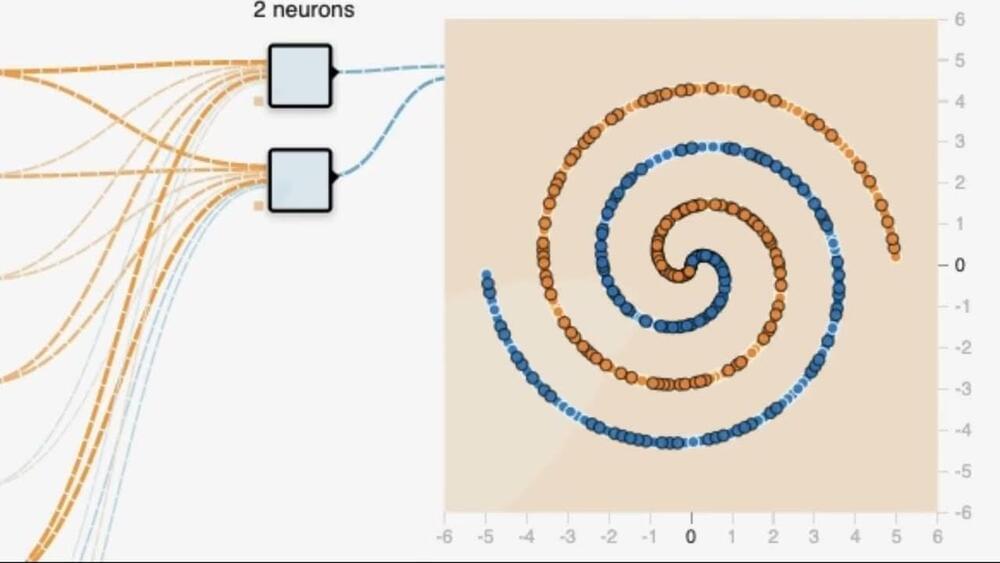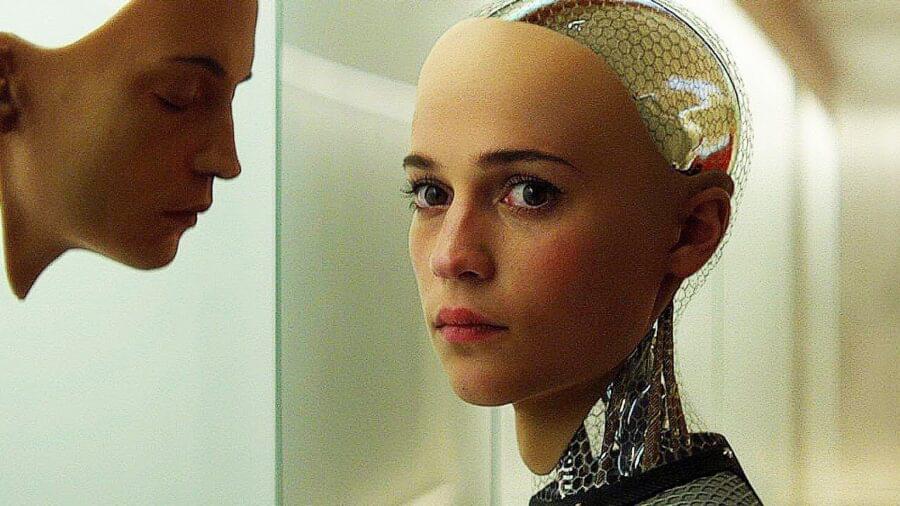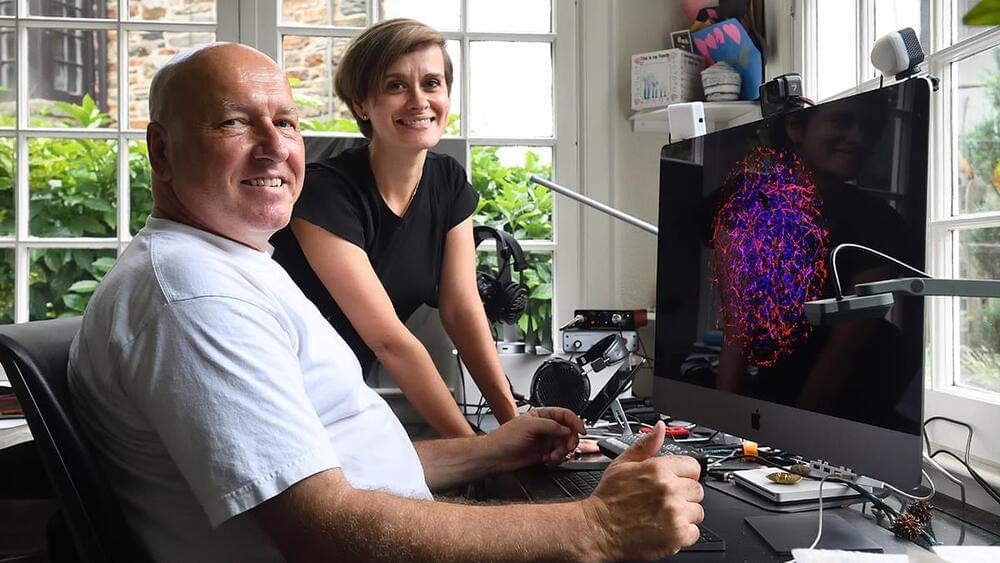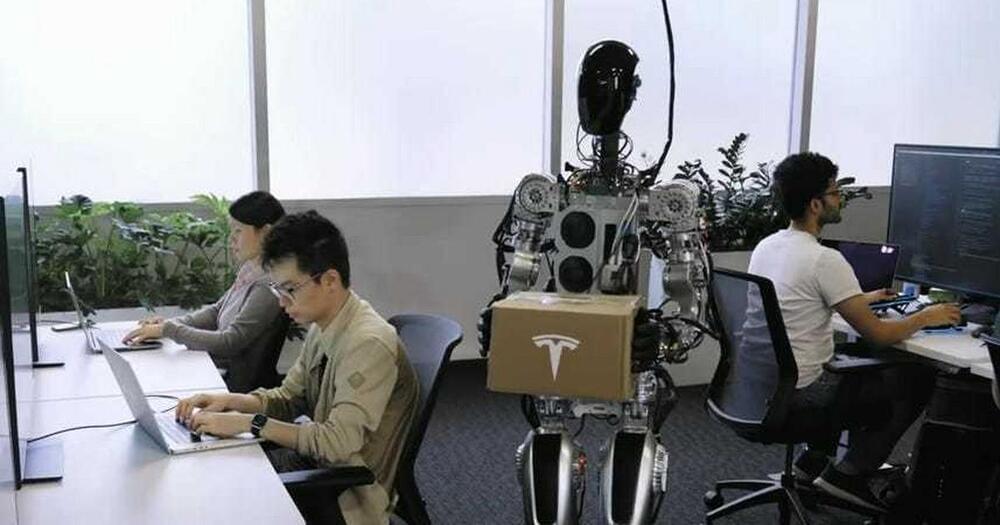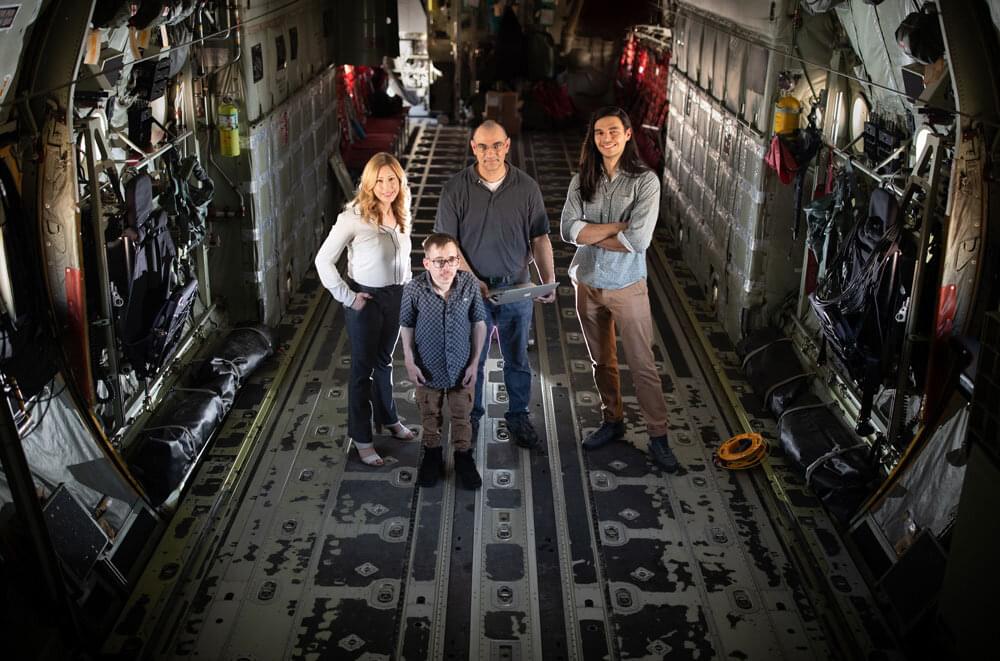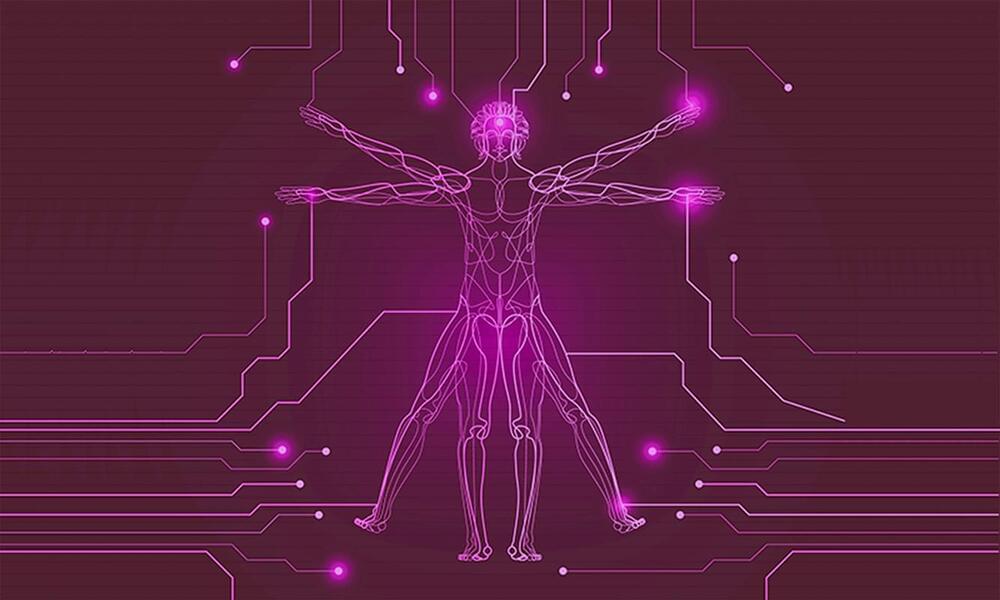Mar 2, 2023
Of Intelligent Design
Posted by Kelvin Dafiaghor in categories: information science, mathematics, robotics/AI, singularity
“A machine… of intelligent design.”
For the algorithm: UBI, singularity, Sydney bing ai, bing ai, microsoft, OpenAI, open ai, andrej karpathy, Ilya Sutskever, agi, artificial general intelligence, AI, ai, artificial intelligence, deep learning, how do neural networks work?, neural networks, machine learning, chatgpt, ChatGPT, GPT, bing, math, google, tech, technology, utopia.
